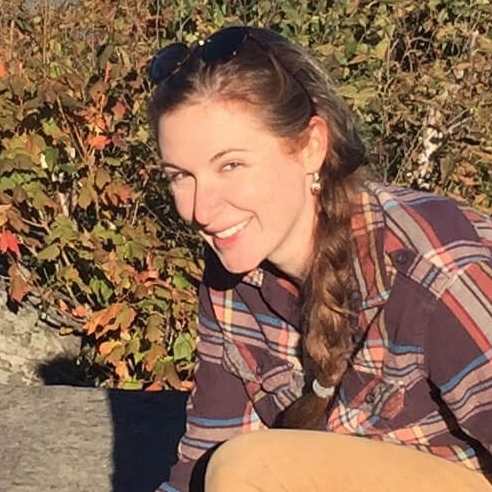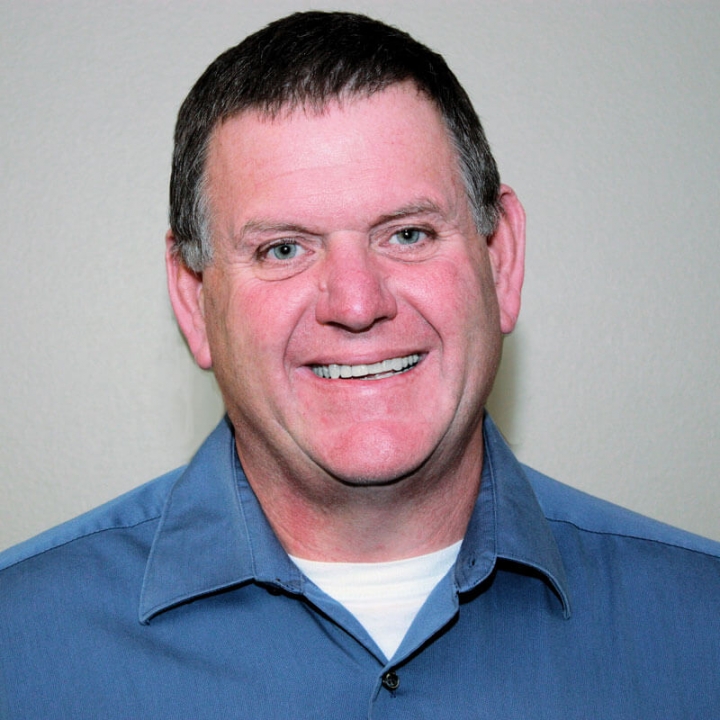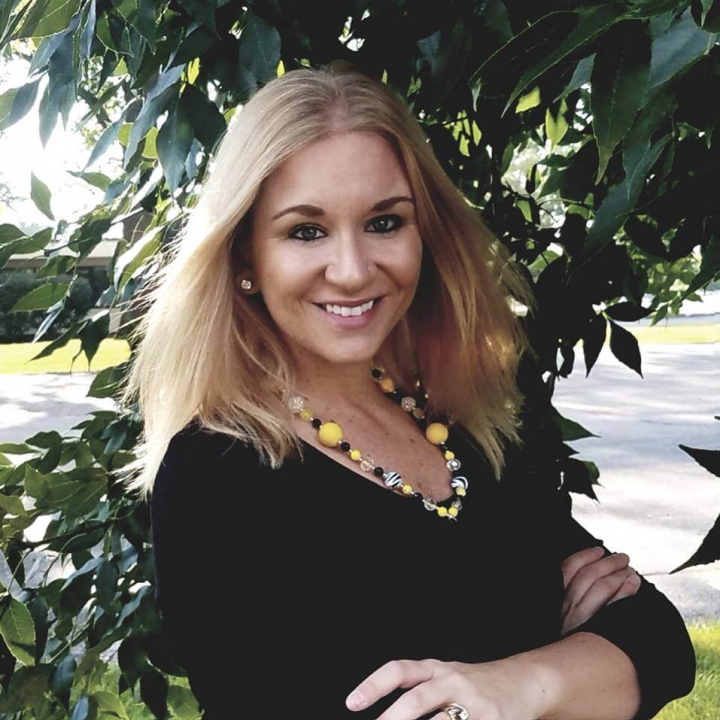Contact Us
Questions? Please email, call, or use the form below to send us a message.
hello@iowaharmreductioncoalition.org
Des Moines & Central Iowa
(515) 207-5202
If you are looking for confidential and anonymous access to safe injection materials, naloxone rescue kits, fentanyl test strips, overdose prevention training, someone to talk to about a potential abscess or a “miss” that looks odd, help getting on suboxone, a person to answer questions about hepatitis C and HIV, etc… please contact deborah@iowaharmreductioncoalition.org or call/text 319-214-0540. We are happy to mail supplies to you at no cost.
A note to researchers, students, reporters, health care providers, elected officials, public health professionals, and the like who do not use drugs:
Thanks for your interest in drug user health. We need people to educate themselves about drug use, do research, study, listen and learn. It is possible to do all of this without exploiting drug users in the process. We have drafted a few principles and questions to assist you in doing that.
Please note that we are a very small and under-resourced organization, which places many constraints on our time. We receive a large number of requests from researchers, health care providers, public health professionals, students, elected officials, and the like to collaborate and/or visit our program. Our mission is to address the immediate survival needs of people who use drugs. As such, we must prioritize using our time to do work that directly improves the wellbeing of people who use drugs or do sex work. Often, that means we are not able to grant your request. If you wish to be of help or service, applying to join our volunteer program, taking part in our advocacy activities, shopping in our online store, or making a financial contribution to our work.
For all requests, please review the section that applies to you and then send an e-mail to: hello@iowaharmreductioncoalition.org
We receive a large number of requests for participation in research projects and for letters of support. When reaching out to us, we ask that you provide answers to the following questions and consider the following principles.
Principles:
- Research conducted by current and former drug users will be prioritized to highlight the voices of our community.
- Research that includes IHRC participants in the study design will be prioritized.
- Research that pays / compensates participants for their time, input, and expertise will be prioritized.
- Anonymity and/or confidentiality of participants should be prioritized.
The proposed research topic does not perpetuate stigma or stereotypes of people who use drugs. - Research that proposes to hire IHRC participants to collect data will be prioritized.
- Research that proposes to compensate IHRC staff for their attendance at meetings, work on the project, and subject matter expertise will be prioritized.
Please respond to the following items so we can assess our potential collaboration. The basic outline asks you to respond to the Purpose, Funding, Value, Requirements, and Staffing questions. If you are unsure or do not know the answer to a question, just say “Unknown”.
Purpose.
Please describe the purpose of your project (approximately 250 words).
- Why are you interested in this particular topic? Have you previously published research in this area? Have you previously worked with grassroots community-based organizations?
- Do you identify as a person who uses drugs or a former drug user, is living with HIV or hepatitis C, or has a history of incarceration?
Funding.
Is your current project funded?
□ Yes
□ No
Is this to gather preliminary information to apply for funding?
□ Yes
□ No
If funded, do you/will you have funding to support the IHRC’s efforts for your project?
□ Yes
□ No
Please describe any funding including the funding organization:
Value.
- Briefly describe the value of your project
- Briefly describe any direct value of your project to people that the IHRC serves
- If your project does not have immediate value, how do you plan to offset this? Examples might include doing volunteer work with IHRC, collecting donations from your office or co-workers, etc…
Requirements.
What do you need from IHRC, include any information, staffing, or tasks? Please be as specific as possible.
Staffing.
Were any of the people who IHRC serve included in your research team or advisory group?
□ Yes
□ No
Are any people who are current or former drug users or people affected by drug use included in your team or advisory group?
□ Yes (Current)
□ Yes (Former)
□ Yes (Affected)
□ No
Are you prepared to involve IHRC participants in the development of your study? How will you identify IHRC participants, compensate for their time, arrange travel to meetings, schedule meetings around their existing time commitments, and facilitate communication?
How will you share the results of your research with the community, beyond an academic community?
Additional Information: Developed by a team of people with lived experience and academic researchers in Vancouver
We receive a high volume of requests to visit IHRC’s office and observe our program in action. If we were to grant every request, we would have a visitor every day of the week. In order to respect the right of all people to anonymity, dignity, and privacy when accessing our services, we are unable to grant permission for more than two visitors or observers per month. We reserve the right to accept visitors on a case by case basis. If you are interested in becoming a volunteer outreach worker in our program, then we ask that you complete a volunteer application via our website. If you are a good fit, we will contact you to schedule an interview.
If you are an Iowan who uses drugs, used IV drugs in the past, have experienced an overdose, are living with hepatitis C or HIV, and/or have a history of incarceration AND you are interested in establishing a harm reduction organization in your own community, then we welcome you to visit our program.
When requesting permission to visit and observe IHRC’s program in action, we ask you to provide the following information:
- Why are you interested in visiting IHRC’s program? What can you gain from your visit that you are unable to obtain elsewhere?
- Please tell us about your experience with IV drug use, sex work, hepatitis C, HIV, homelessness, and incarceration. We are particularly interested in your personal experiences, not professional or research experience.
- How will your visit benefit IHRC and communities of people who use drugs living in Iowa?
Please note that we ask visitors to provide the following when visiting IHRC:
- New socks, gloves and mittens, hats, or other warm weather gear
- Hand warmers
- Candy, hot cocoa mix, and disposable cups
- Bottled water
- Cash donations
Before visiting our program, we ask that you please read the following materials in order to learn about the context in which we work, the harm reduction movement in the United States, and the community which we operate:
- Two Decades of Positive Change: A Brief History of the Harm Reduction Coalition
- Please review the website of the Harm Reduction Coalition, which is a national organization that provides training, technical assistance, support, and organizing to harm reductionists around the U.S.
- Harm Reduction in the United States: Whose History? Part 1 & Part 2
- Getting Off Right: A Safety Manuel for Injection Drug Users
- Please read about one of the movement leaders most important in shaping harm reduction work in Iowa and naloxone and syringe access around the country. Dan Bigg passed away in August 2018 and we ask that you help us honor his memory by learning about the legacy of his work:
Dan Bigg, The Godfather of Harm Reduction, Has Passed Away
Dan Bigg remembered as revolutionary for approach to heroin crisis, pioneered life-saving naloxone, needle handouts
Dan Bigg is a Harm-Reduction Pioneer and his Overdose Doesn’t Change That - The Harm Reduction Movement: Bigger than Ever, But Facing Threats
Please review the above sections for researchers and visitors / observers. Is your question addressed here, or might your request be about research or observing IHRC’s work? Please complete the above requests or respond to the above questions as appropriate for your inquiry.
If you have a question for an academic assignment, please submit your question 14 days before the assignment is due, at least. We are unable to respond to requests for assistance on class projects or for interviews in under two weeks (more than two weeks is preferable).
Before submitting a request, please review all content on our website, as this will likely provide you with an answer to your question. The references above for guests to read before visiting may also be instructive.






